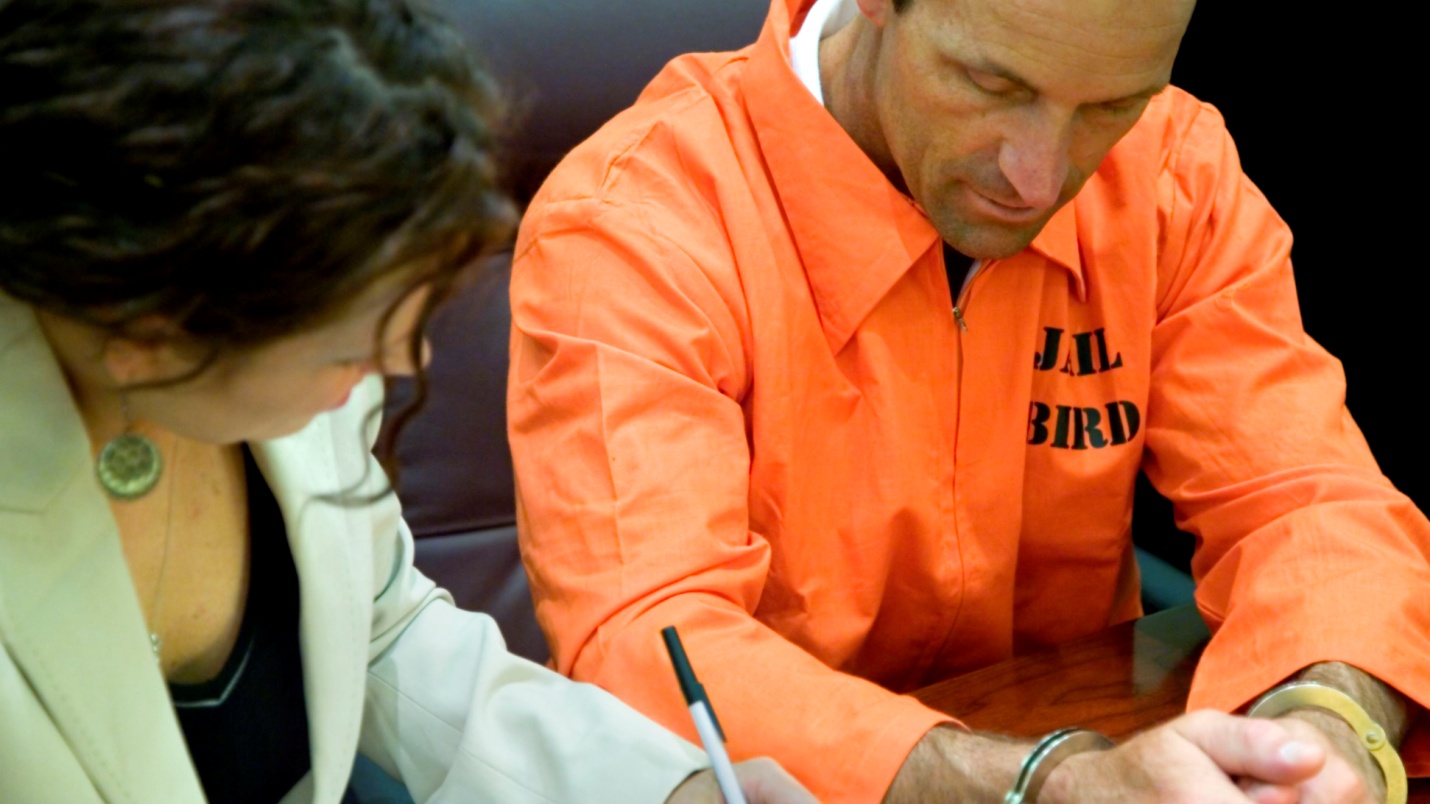
Criminal psychologists study the thoughts and behaviors of criminals. If you love what the BAU in Criminal Minds do, but are not sure of what it is, then this post is for you. There has been an increase in the number of people interested in pursuing a career in criminal psychology due to the fictional characters in television series. However, not all that the TV shows is real. Before you settle on this career path, you need to have the facts.

Here are facts on what criminal psychology entails.
- Criminal psychologists apply the principles of psychology to the criminal justice system. They spend most of their time analyzing the behavior of criminals. They will evaluate defendants to determine if they are fit to stand trial. They also interview victims to find out what happened from their side so they can have a better understanding of the criminal and the timeline of events.
- Criminal psychologists also provide expert testimony in courts. For example, when it comes to custody hearings, they can give their opinion on the parent who is fit to gain custody of the child. They also work with witnesses and victims to get a better understanding of the timeline of events.
Criminal psychologists have a narrow work scope compared to those in clinical psychology. They focus on one event and can specialize in specific fields like victimology or sex offender treatment. They also explain what drives certain individuals to become criminals while other people exposed to the same environment do not become criminals.
Criminal psychologists work in different areas including the following:
- Social work
- Courts
- Academic institutes
- Correctional facilities
- Mental health centers
- Law enforcement agencies
- Private consultancies
- Federal, state and local governments
Is there demand for criminal psychologists?

There is an increased demand for criminal psychology experts since 1962 when the court ruled that psychologists can offer expert opinions in court. The exposure given by TV has also made the career seem like a cool option. Currently, the demand for criminal psychologists is more than the supply. This is majorly due to the awareness of the importance of mental health assessments in the criminal justice system.
How much do criminal psychologists earn?
The salary depends on the location one works in. on average, the pay ranges from $29,000 to more than $100,000. The salary will also depend on the level of experience with experienced psychologists earning more than those who just entered the market. The location also matters as those employed in areas with a lot of forensic work tend to earn more than those who are employed in areas with little work.
What are the education requirements?

To be a criminal psychologist, you are expected to have a bachelor’s degree. You will learn the basics of psychology in the four-year college program. There are schools that make their students more prepared by offering special courses in forensics, criminality, and criminal justice.
If you want to progress, you are better off getting a master’s degree in psychology. If you have a background in clinical psychology, you can use forensic experience to get into criminal psychology. To get the best jobs, you can go for a PhD in criminal psychology.
In order for you to practice, you need to get a license. The licensing requirements vary depending on the state so you will want to look at the requirements in your state. The one thing they all have in common is that you need to complete a number of hours in practice under a licensed psychologist for you to get your license.
Is a criminal psychologist the same as a criminal profiler?

The two are different even though they both work with law enforcement.
A criminal profiler works with the authorities to determine the characteristics of the criminal before they are caught. They normally work for government agencies though there are some who consult with attorneys and the public.
A criminal psychologist works with the criminal after the arrest to assess the state of mind of the individual before the crime, after committing the crime and before standing trial. Unlike criminal profilers, criminal psychologists are independent experts for hire and are not tied to government agencies. Now you know what a criminal psychologist does, you can make an informed decision that is not based on TV.
